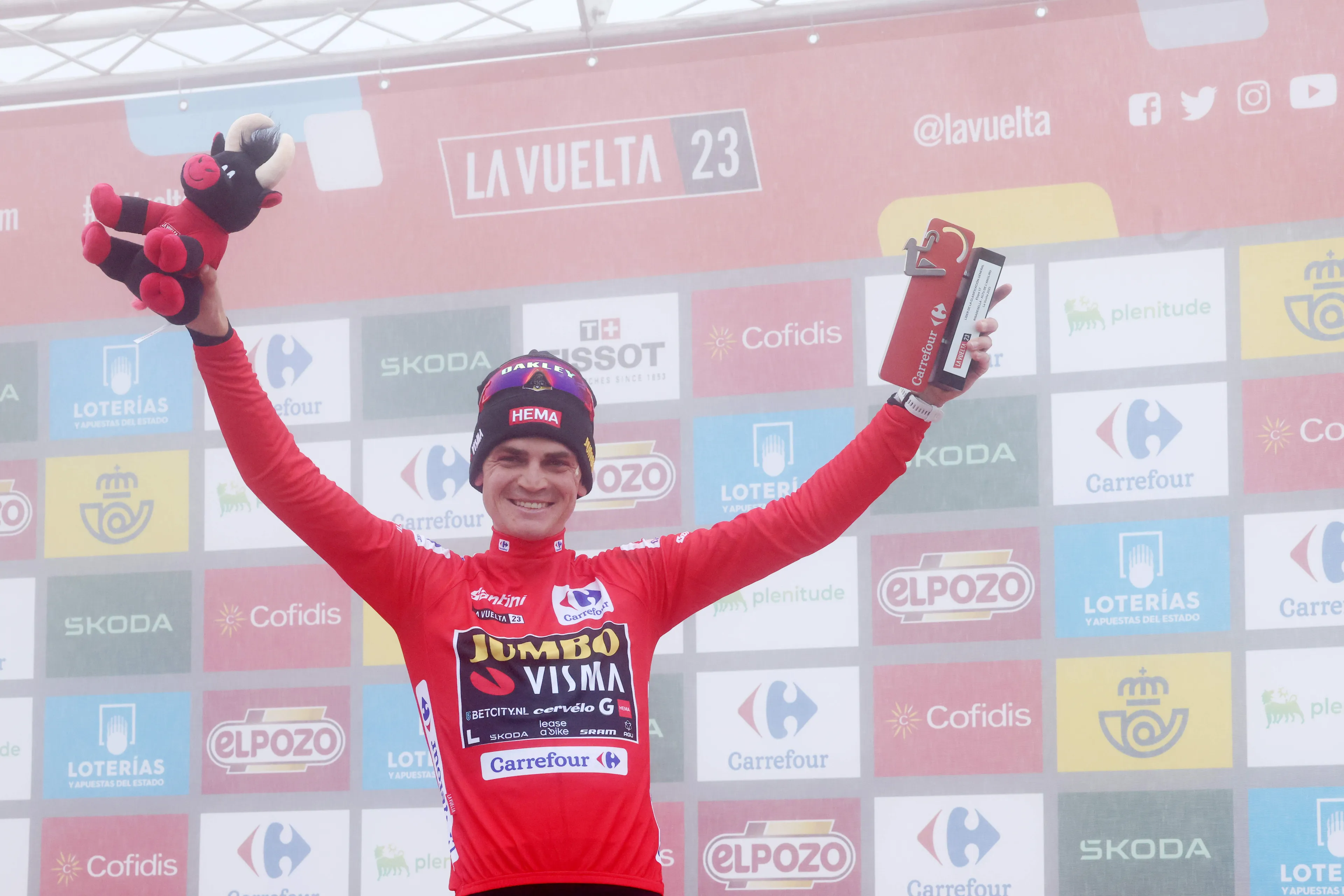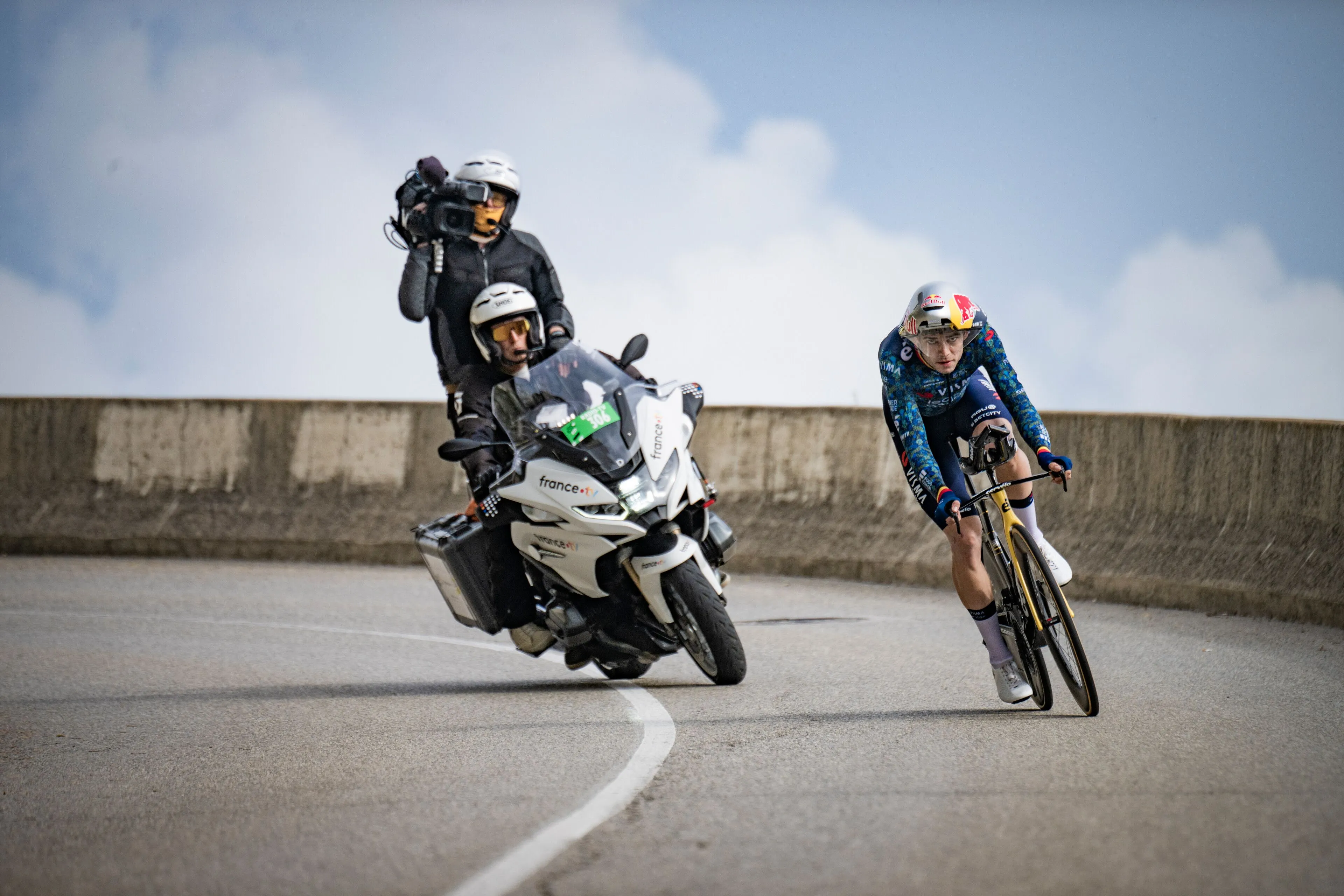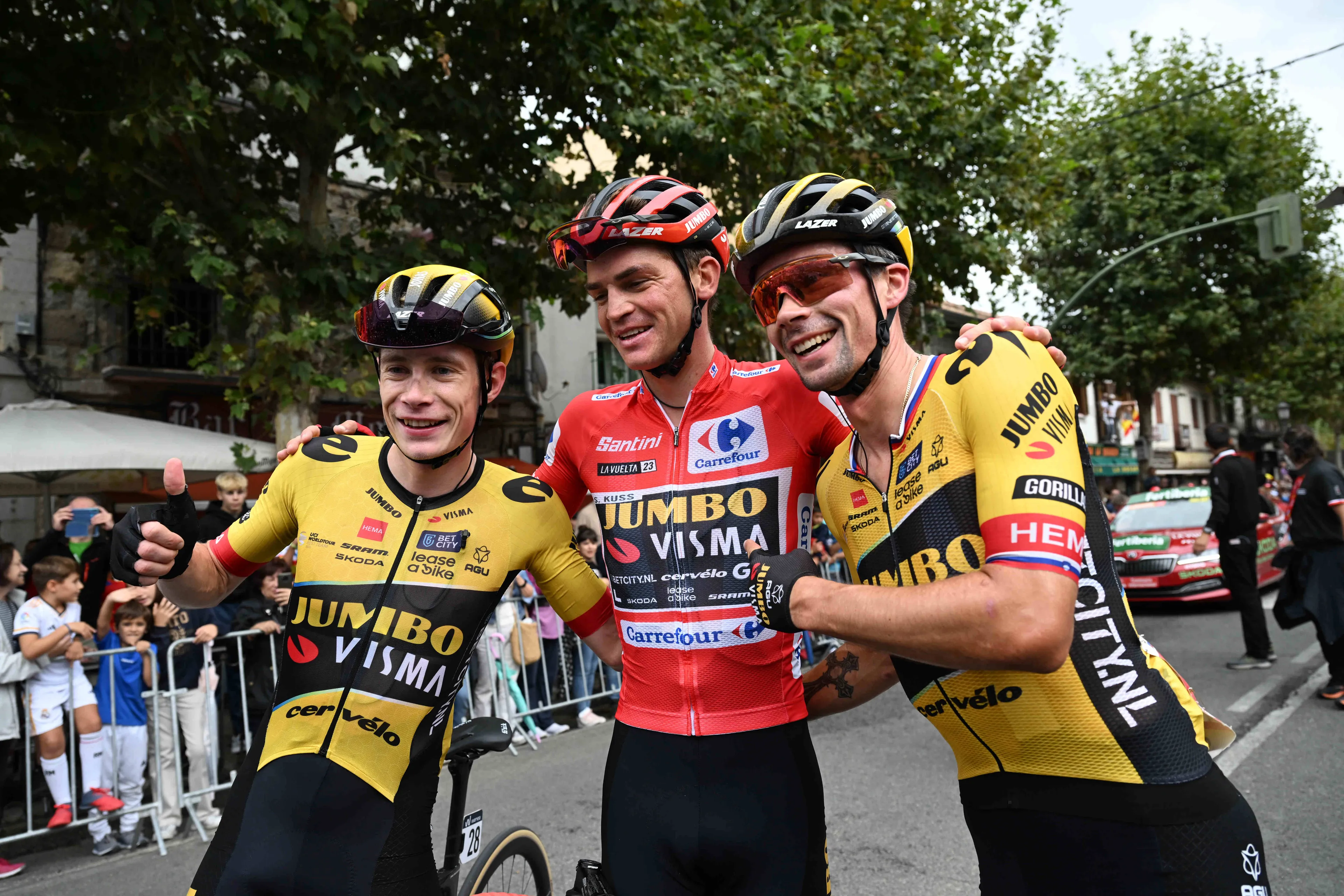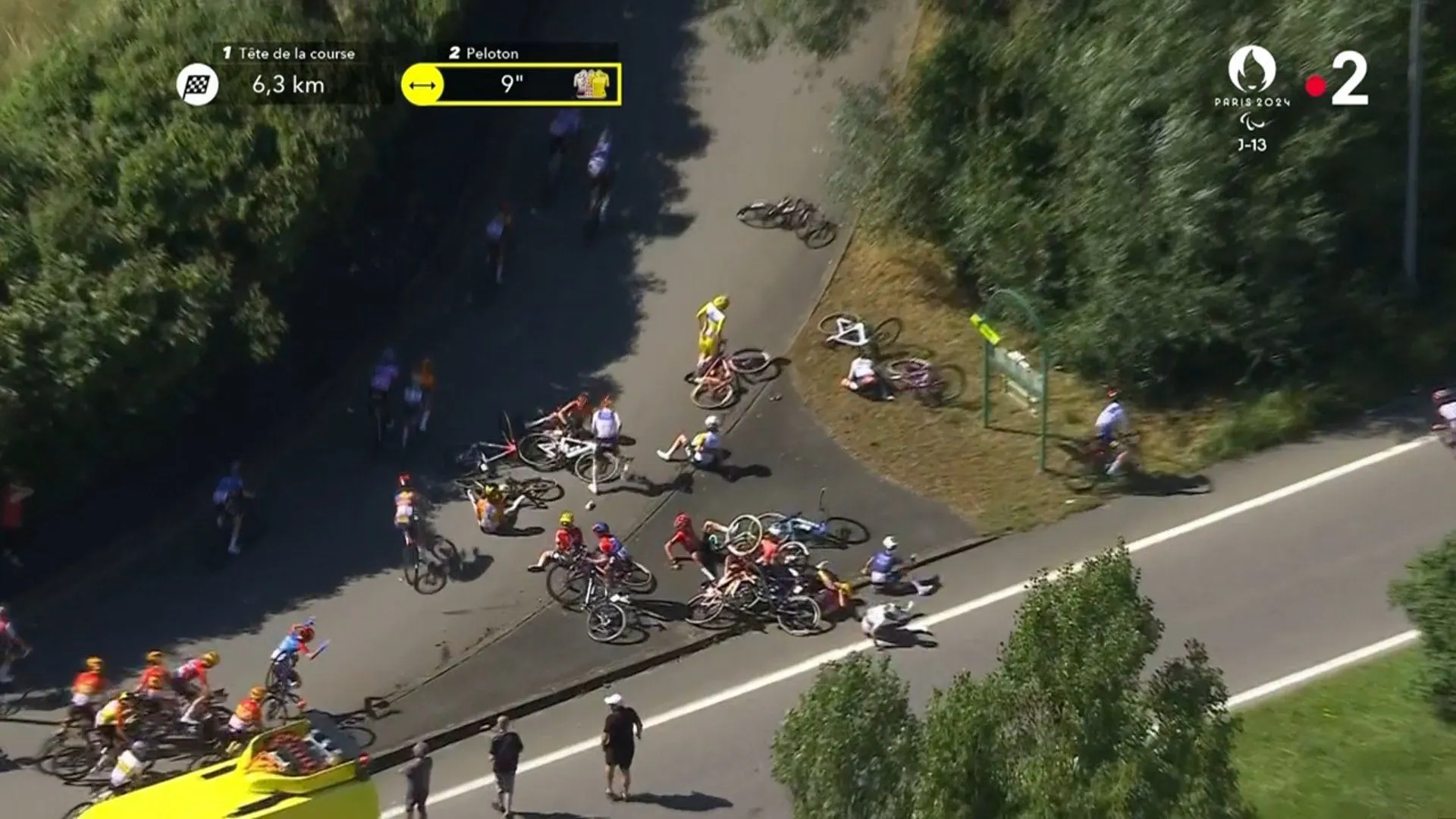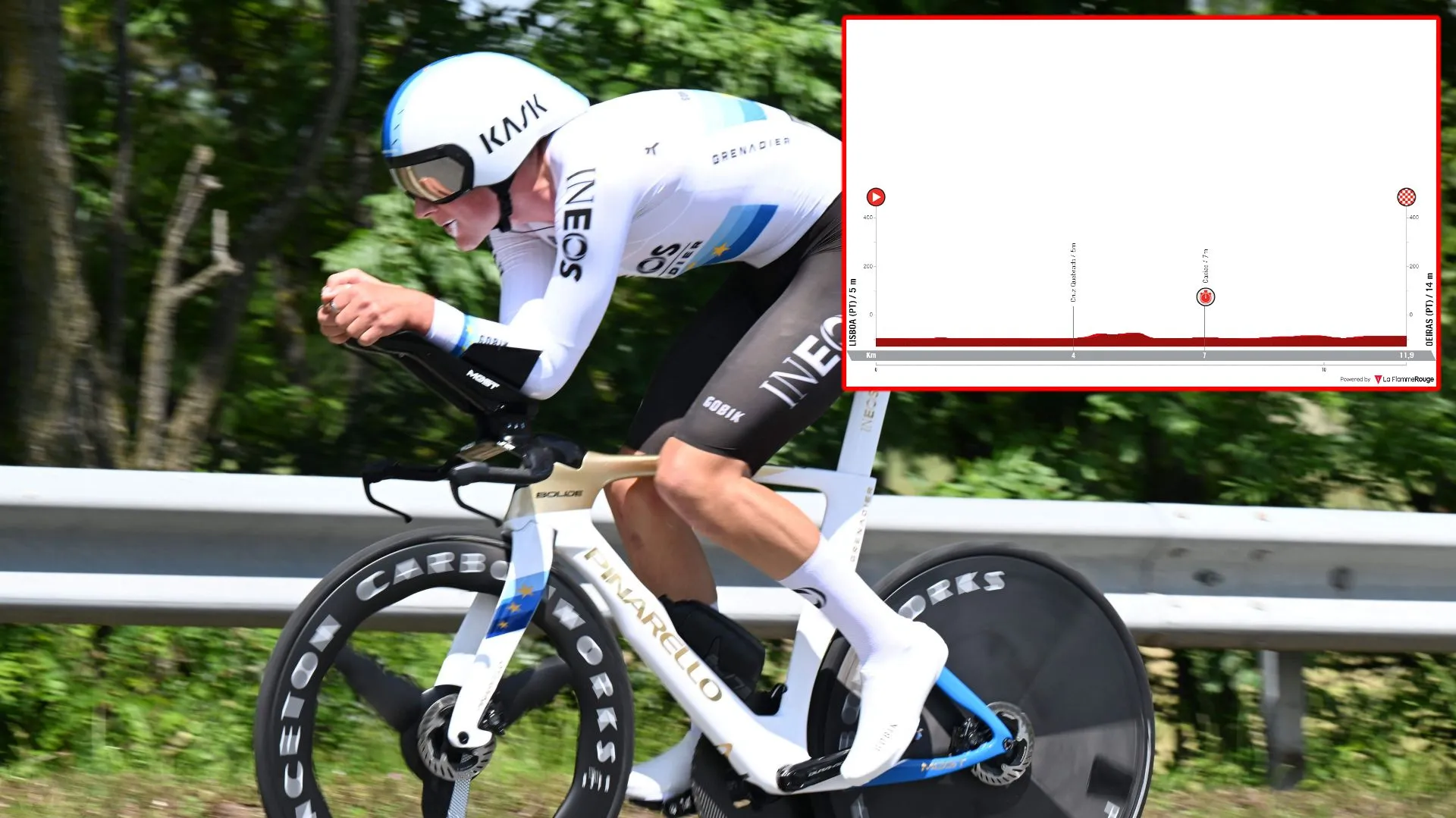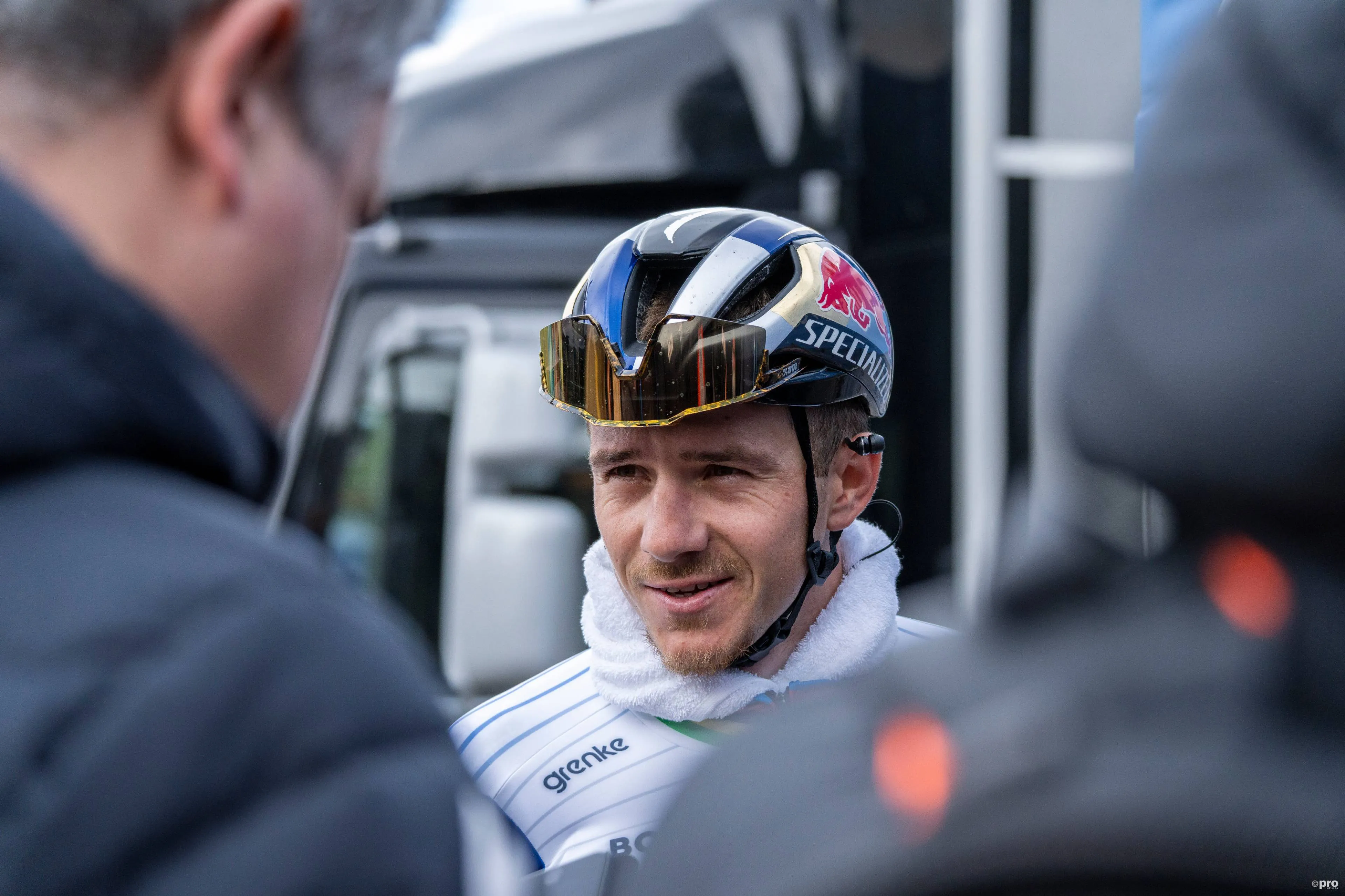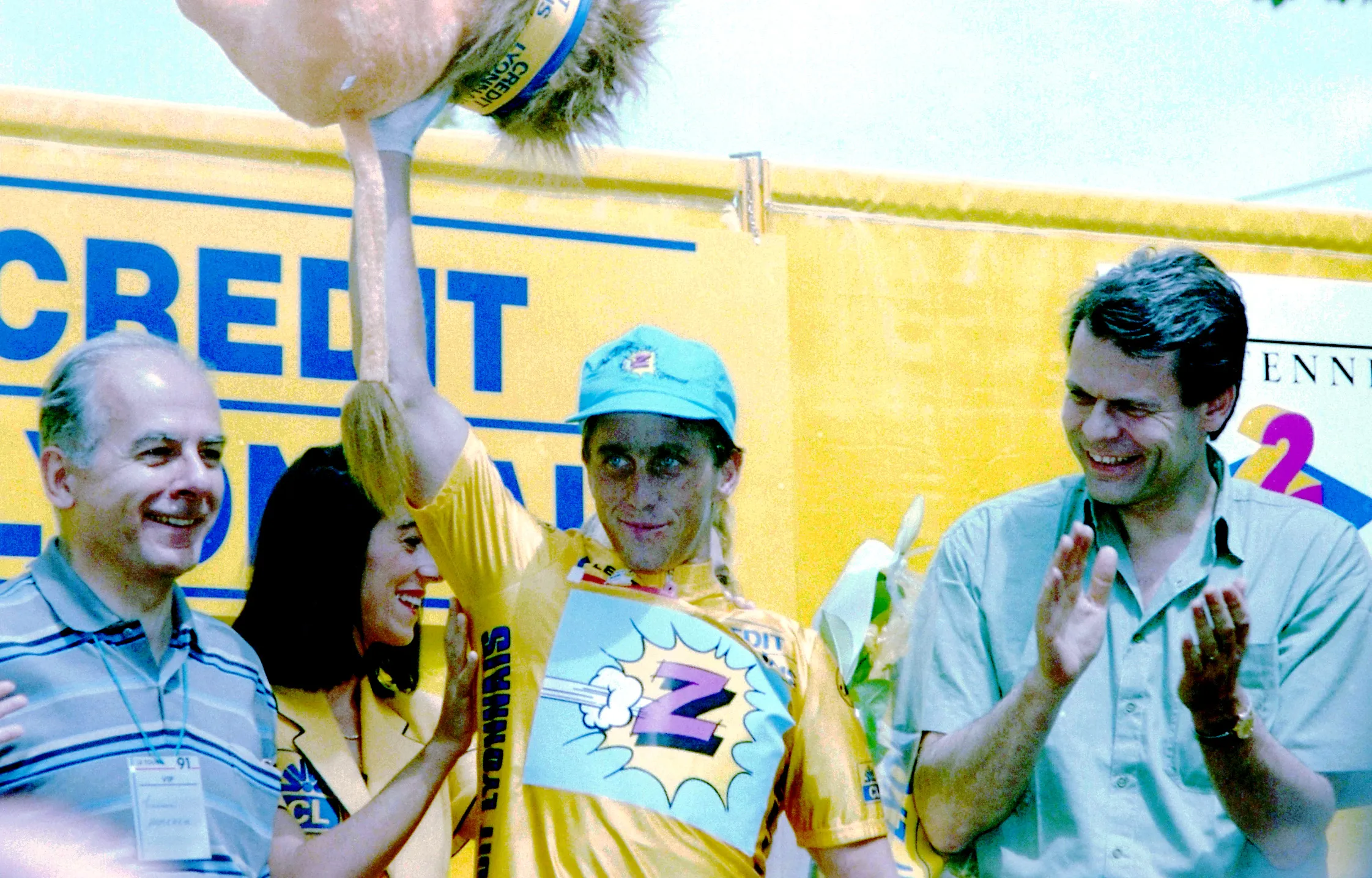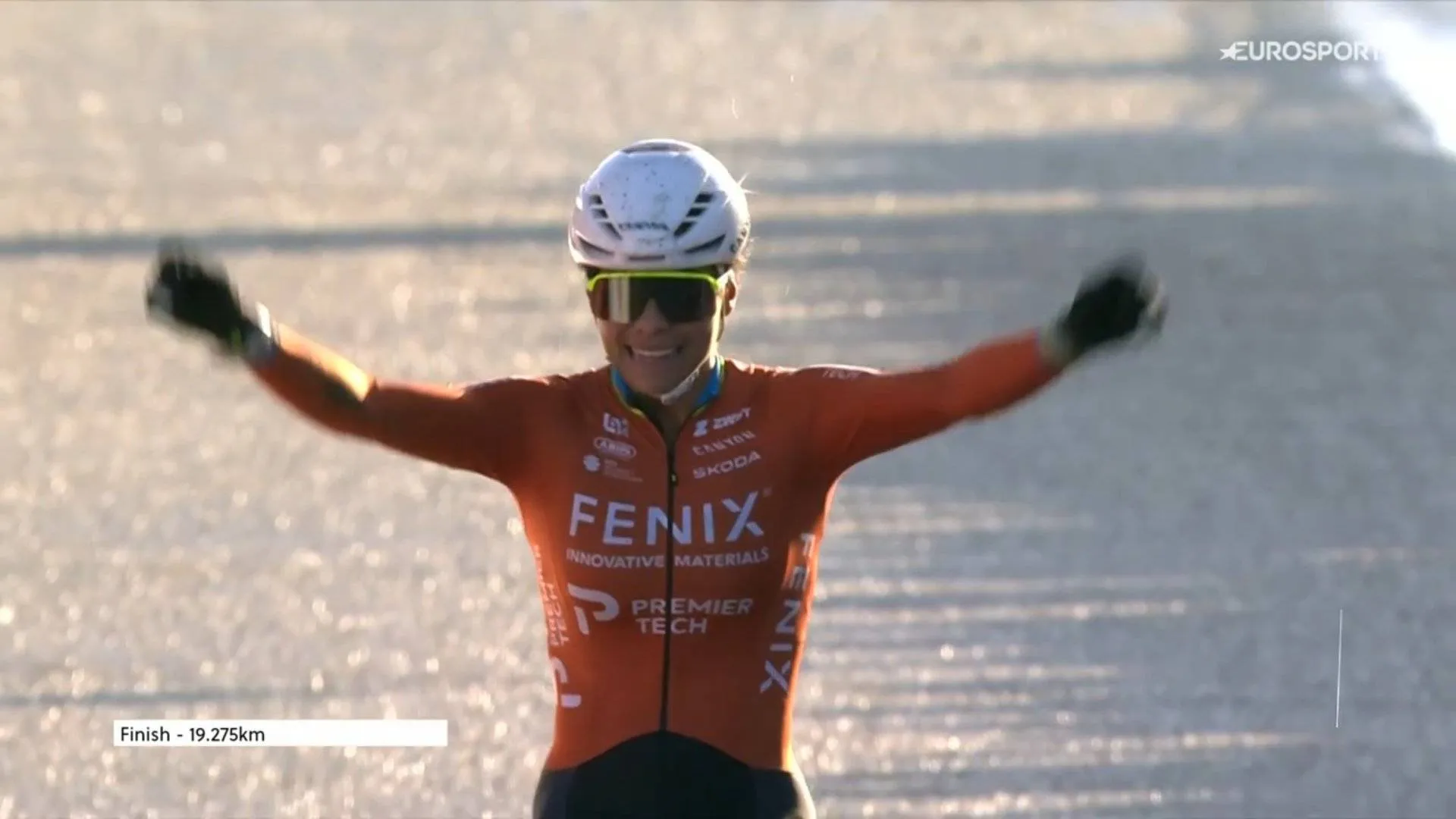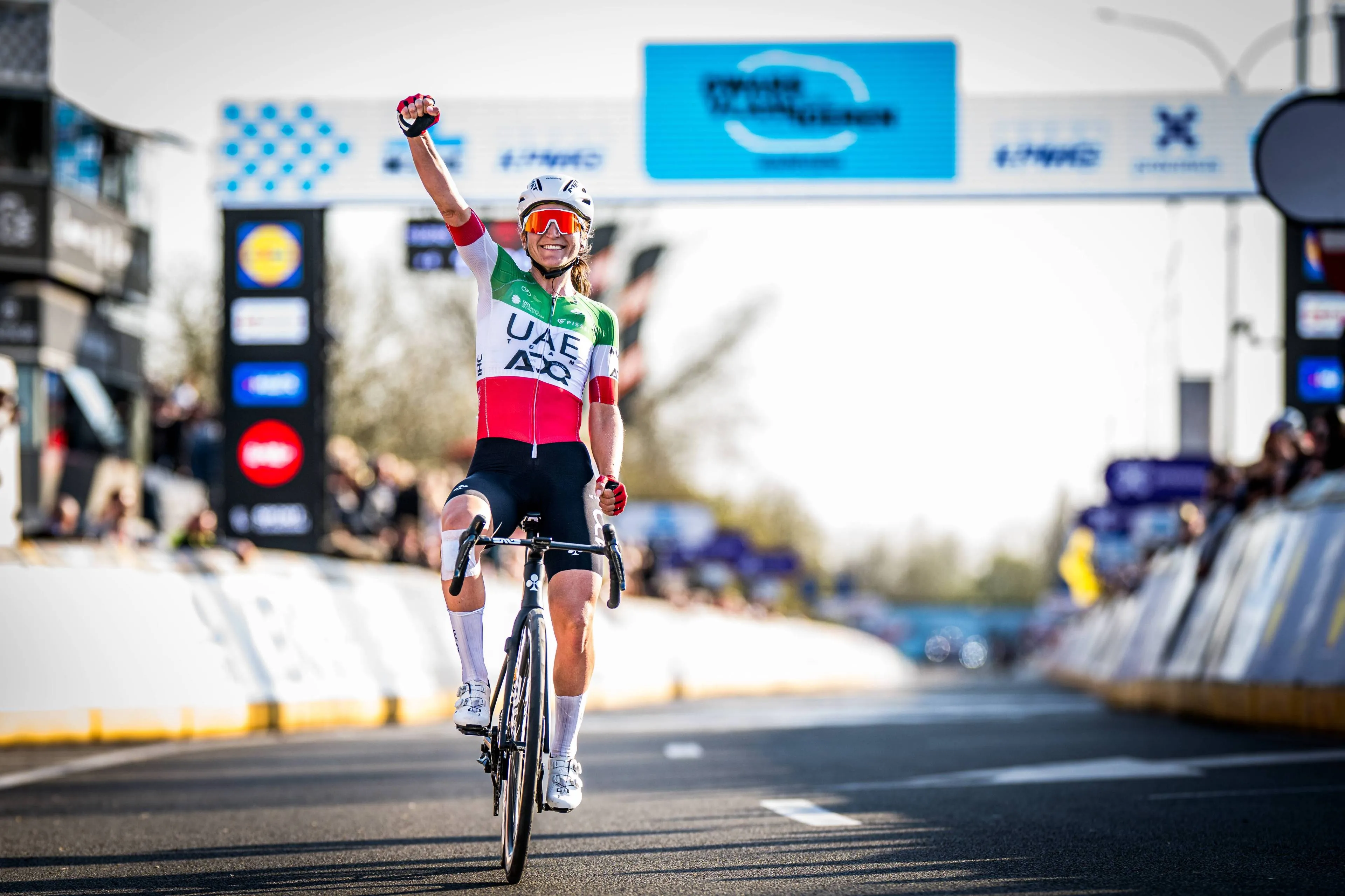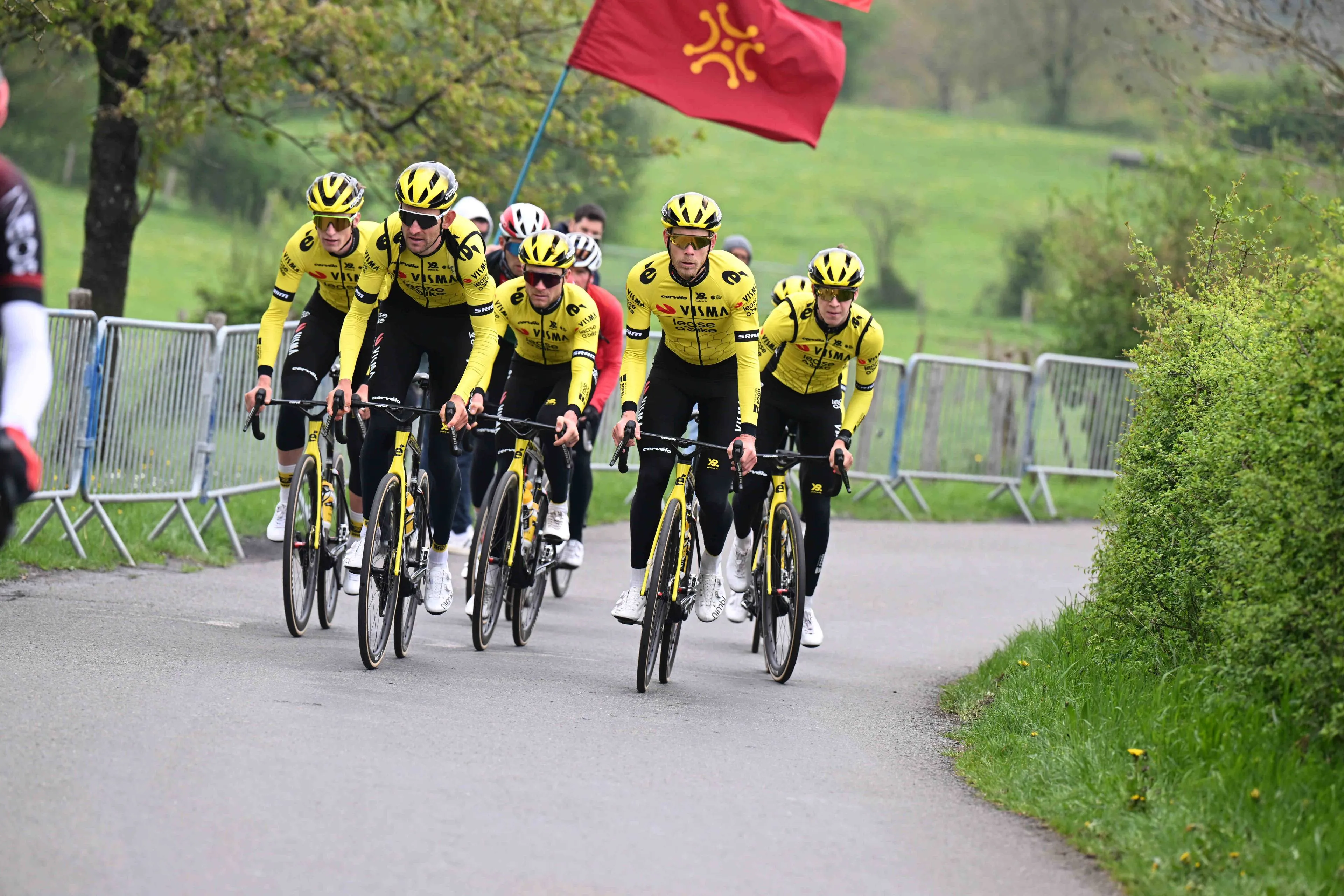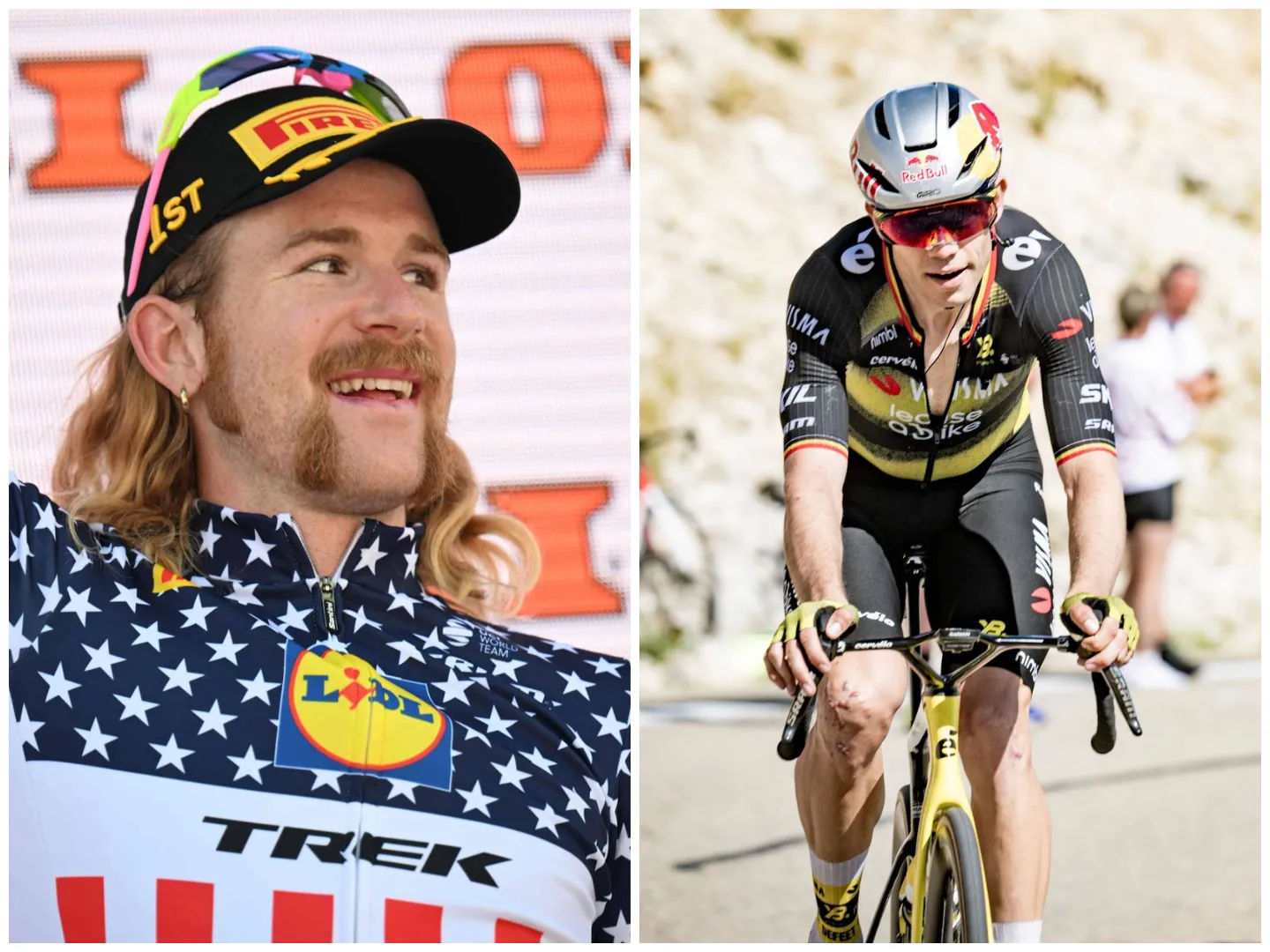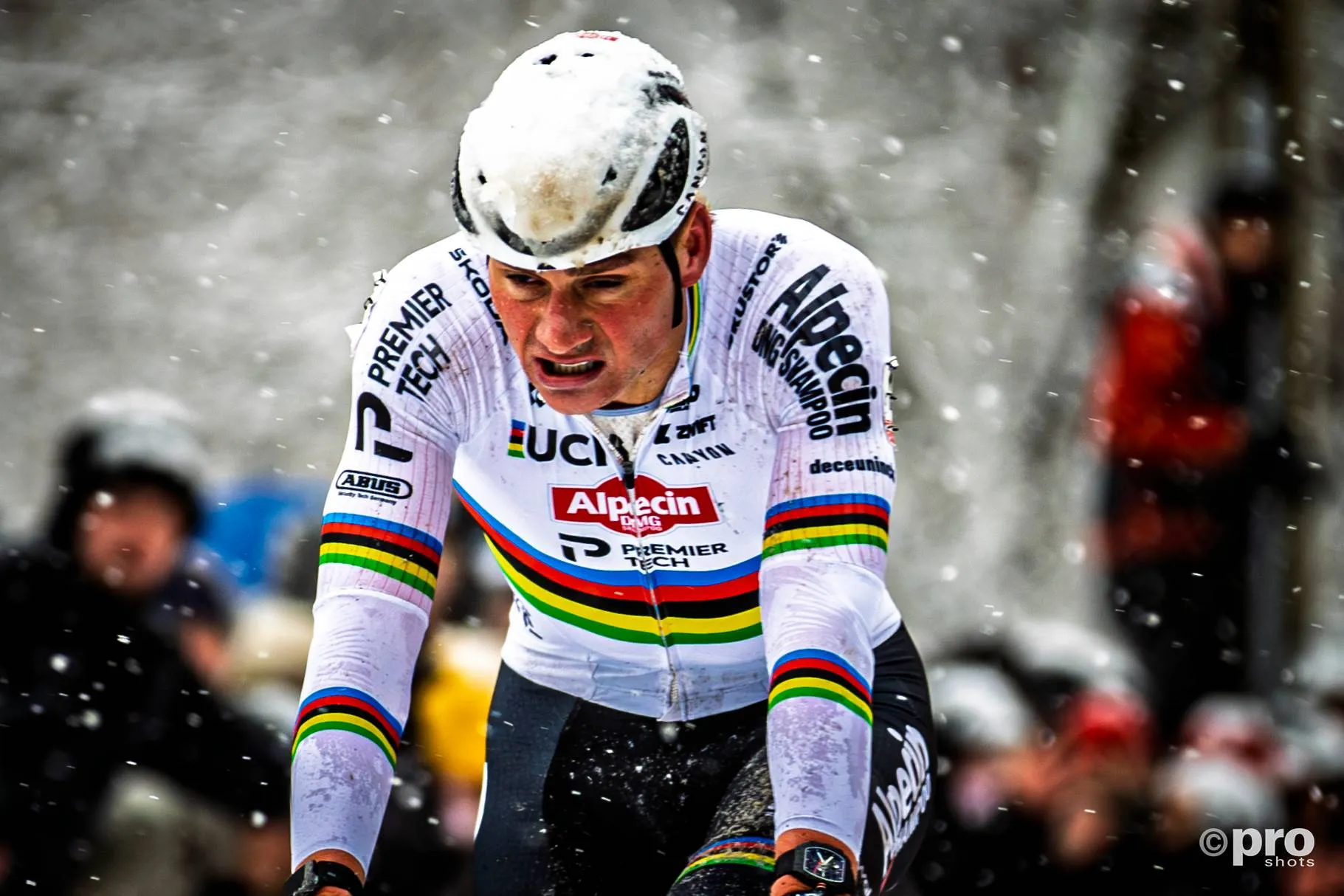Vuelta a Españas: A Look Back at the best editions from the last decade
CyclingThursday, 15 August 2024 at 23:30
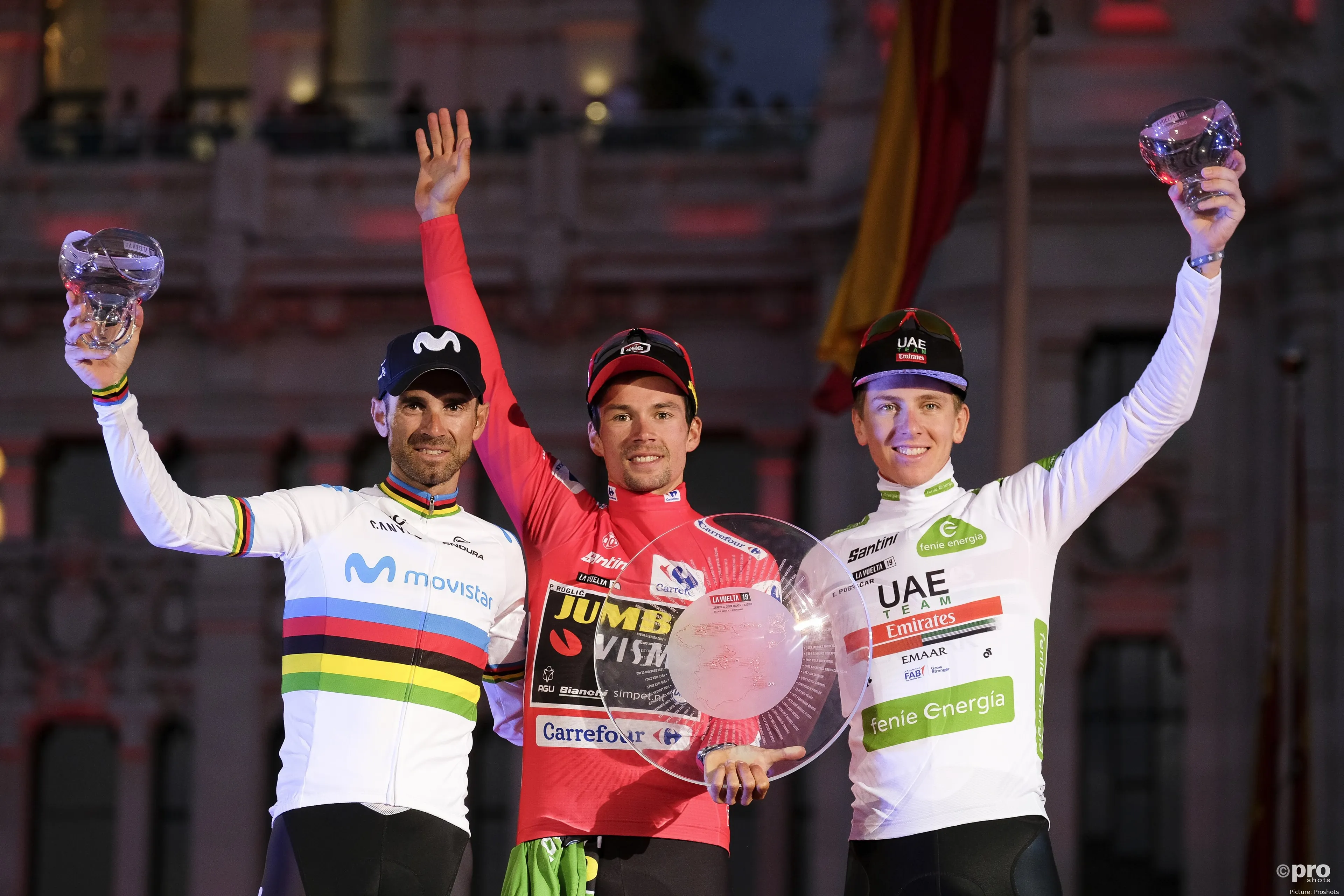
The Vuelta a España has consistently provided some of the
sport’s most thrilling and unpredictable racing. Over the past decade, this
three-week spectacle has been marked by incredible individual performances,
fierce battles for the red jersey, and unforgettable moments that have
solidified its place in cycling lore.
Among these many great editions, four stand out as the most
memorable: the 2014 Vuelta, the 2016 Vuelta, the 2018 Vuelta and the 2020
edition.
Let’s take a look at what happened in each year’s battle for
the red jersey.
2014 Vuelta a España: The Battle of the Giants
The 2014 Vuelta a España was a race that cycling fans will
remember for its star-studded lineup and dramatic finale. This edition featured
many of cycling's elite, including Chris Froome, Alberto Contador, Alejandro
Valverde, and Joaquim Rodríguez. Each of these riders had something to prove,
making for an intense and captivating competition.
The race was characterized by Contador’s comeback from a
broken leg he suffered just weeks before in the Tour de France. Despite doubts
about his fitness, Contador demonstrated his class and resilience. His key
moment came on the 16th stage, with a summit finish at La Farrapona. On this
brutal climb, Contador launched a decisive attack, distancing Froome and
solidifying his grip on the red jersey.
Read also
However, the race was far from over. Froome, known for his
tenacity, fought back valiantly in the final week, particularly on the feared
slopes of the Puerto de Ancares on Stage 20. Froome’s repeated surges pushed
Contador to his limits, but the Spaniard held on, eventually winning the stage
and the overall title. Contador’s victory was one of his most remarkable,
marking his third Vuelta triumph and capping a brilliant comeback story.
This Vuelta was also notable for the emergence of Fabio Aru,
the young Italian who won two stages and finished fifth overall, signaling the
arrival of a new contender in Grand Tours. The 2014 Vuelta a España remains a
classic example of tactical racing, individual brilliance, and the sheer
unpredictability that makes the Spanish Grand Tour so beloved.
2016 Vuelta a España: Quintana’s Moment of Glory
The 2016 Vuelta a España was another unforgettable edition,
marked by a fascinating duel between Nairo Quintana and Chris Froome. Quintana,
the Colombian climber, was eager to prove himself after a disappointing Tour de
France, while Froome was looking to add the Vuelta to his already impressive
palmarès.
Quintana seized control of the race on Stage 10, a
high-altitude finish at Lagos de Covadonga, where he launched a powerful attack
that left his rivals struggling. He took the red jersey and built a solid lead,
but the race was far from decided.
Read also
Froome’s key moment came on Stage 19, an individual time
trial where he took back significant time on Quintana, setting the stage for a
dramatic showdown. However, it was Stage 15 that defined the race. On the
brutal climb to Formigal, Quintana and his Movistar team executed a masterful
tactical move, catching Froome off guard. Quintana attacked from the start, and
Froome, isolated and with little team support, could not respond. Quintana
gained over two minutes on his rival, a gap that Froome could not close in the
remaining stages.
Quintana’s victory in the 2016 Vuelta was a career-defining
moment. It was his second Grand Tour win and a race that highlighted his
climbing ability and tactical acumen. For Froome, it was a rare defeat, but one
that would spur him on to future success in Spain.
2018 Vuelta a España: Yates Seizes the Day
The 2018 Vuelta a España saw Britain’s Simon Yates claim his
first Grand Tour victory in what was a highly competitive and unpredictable
race. Yates, who had faltered in the Giro d’Italia earlier that year after
leading the race for most of its duration, was determined to make amends at the
Vuelta.
The race was characterized by its unpredictability, with the
red jersey changing hands multiple times in the first two weeks. Yates, riding
for Mitchelton-Scott, played a canny game, staying close to his rivals and
choosing his moments to attack wisely.
Read also
His defining move came on Stage 14 to Les Praeres, where he
took the red jersey after a fierce battle on the steep gradients. However,
unlike the Giro, Yates managed his efforts carefully in the final week, holding
off challenges from riders like Enric Mas and Miguel Ángel López.
The final nail-biting stage to Andorra was where Yates
sealed his victory, responding to attacks and maintaining his lead in the
overall standings. It was a mature and measured performance that showcased his
growth as a rider.
Yates’ victory in the 2018 Vuelta was a significant moment
in his career, marking his arrival as a serious Grand Tour contender. It also
added another British name to the list of Vuelta winners, following in the
footsteps of Chris Froome in 2017.
Read also
2020 Vuelta a España: Roglič’s Redemption
The 2020 Vuelta a España took place in extraordinary
circumstances, delayed until late October due to the COVID-19 pandemic. This
edition will be remembered not only for its unique timing but also for the
compelling narrative of Primož Roglič’s redemption.
Roglič entered the Vuelta still smarting from his
heartbreaking loss at the Tour de France just a month earlier, where he lost
the yellow jersey on the penultimate day. Determined to make amends, Roglič
dominated the opening week, winning the first stage and quickly donning the red
jersey. However, the battle for overall victory would be far from
straightforward.
Richard Carapaz, the Ecuadorian climbing specialist and 2019
Giro d’Italia winner, emerged as Roglič’s main rival. Carapaz took the red
jersey after Stage 12, which featured the monstrous Angliru climb. The battle
between the two was intense, with Carapaz displaying his climbing prowess and
relentless attacking spirit.
Read also
The pivotal moment of the race came on Stage 17, a
challenging time trial that included a steep climb to Mirador de Ézaro. Roglič
delivered a powerful performance, reclaiming the red jersey and setting up a
tense final week. Carapaz fought valiantly, reducing the gap in the mountainous
stages that followed, but Roglič held firm, securing his second consecutive
Vuelta title by just 24 seconds.
The 2020 Vuelta a España was a testament to Roglič’s
resilience and mental strength. It also underscored the Vuelta’s ability to
produce thrilling, closely contested races, even under the most challenging
conditions. Roglič’s redemption story made this edition one of the most
memorable in recent history.
Conclusion
The Vuelta a España has consistently delivered some of the
most exciting racing in the cycling calendar, and the past decade has been no
exception. The 2014 edition with Contador's triumphant return, the 2020 edition
showcasing Roglič’s resilience, the 2016 Vuelta where Quintana shone brightest,
and the 2018 race that saw Yates finally fulfill his potential, all stand out
as the most memorable and thrilling editions. Each of these races has
contributed to the Vuelta’s reputation as a race where unpredictability, drama,
and heroic performances are the norm.
As we look forward to the 2024 edition, the likes of Roglic,
Kuss and Almeida have a lot to do to make sure this years Vuelta is as good as
its predecessors.
claps 0visitors 0
Just in
Popular news
Latest comments
- JV is doing the Giro because it’s the third GT to add to his palmares. If he doesn’t, he’ll turn into another Roglic. Fail at the TDF and therefore win the Vuelta as a consolation.Pedalmasher08-02-2026
- It’s laughable. TP struggled through his own issues, not what Visma were throwing at him, which by the way was very little from JVPedalmasher08-02-2026
- I thought Pantomime season was done. They couldn't crack an injured and sick Tadej, the Visma posts border on delusional some daysslappers6608-02-2026
- In hindsight, it is true. Tadej suffered knee pain unbeknownst to Visma though.
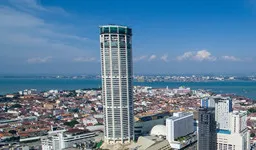 KerisVroom08-02-2026
KerisVroom08-02-2026 - The answer is obviously no to both questions and it will be the same this year. MVDP is riding at the top of his game.Pedalmasher08-02-2026
- I was waiting for that one but don’t agree. Doesn’t fall into my serious category. Someone in his position shouldn’t have a problem preparing for a TdF after breaking a wrist in April, and if so, people would have to give Jonas way more credit for what he achieved after April Itzulia, the winning margins having been similar. We have even seen riders riding on with broken wrists and training wise I think you’ll have to agree it doesn’t stop preparation anywhere near as much as broken ankles, incapacitated lungs or even lengthy back problems. Some riders may be called crazy for 5 hour indoor sessions but if that’s all it takes to secure winning the TdF I’m sure a broken wrist wouldn’t stop Tadej from adapting. So to be clear, I don’t accept the wrist excuse as an explanation for that years’ “poor” TdF performance.Mistermaumau08-02-2026
- That’s a great interview on Roadman. I loved watching that era of cycling, the mid to late 80’s, it’s what built my passion for the sport. And then came epo. I couldn’t understand why riders like Lemond, hampsten struggled for results and then just disappeared. The riders who never took it just didn’t stand a chance.Pedalmasher08-02-2026
- It took him almost 2 seasons to tell his back problems to go away, but then we have to clearly define bad luck to see if that counts.Mistermaumau08-02-2026
- The way their season has started, they’re obviously doing something wrong or the competition has caught up.Mistermaumau08-02-2026
- Tiberi tried to go with Remco, that’s not saving legs. Funny how when someone tries to do what others complain no-one does with e.g. Tadej he gets stick for not hanging back to help a chasing group (of other teams).Mistermaumau08-02-2026
Loading
Write a comment
